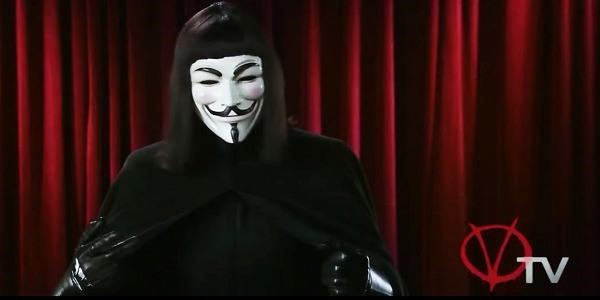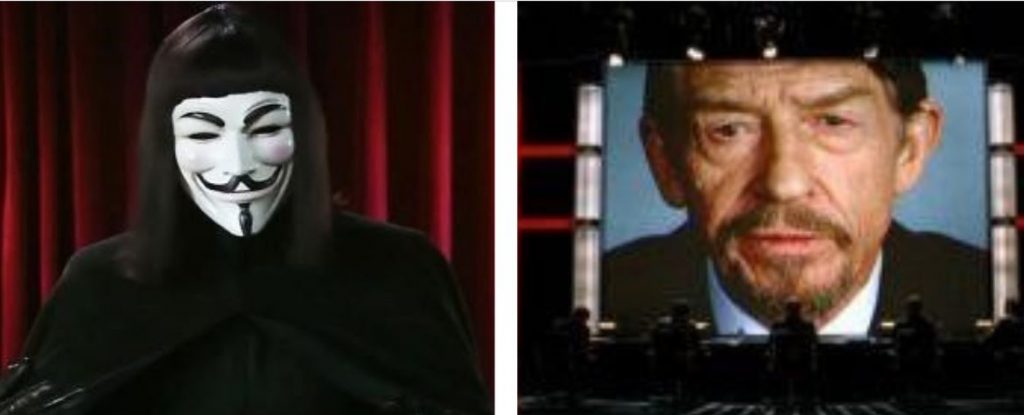
This post is part of a series that originated out of a photo essay assignment in Dr. Simmons’s Interim “Religion and Pop Culture” course that asked students to apply discussion themes to everyday objects or experiences.
When I was younger and more naive, I thought the future would have flying cars, cured diseases, and immortal people. Today popular culture more often utilizes trends of a dystopian future, such as the ones in The Hunger Games and Divergent. In these stories, there is great injustice and suffering, and the hero of the story must rise against the system. These plotlines occur where good ideas and intentions cross with futuristic technology and end up with unintended consequences. The shift in view of the future from a place we all want to live to a place only the damned are left to endure reflects the situations of the storytellers. Asking in a post for The Week why TV is “awash in afterlives, hells, and purgatories,” Lili Loofbourow states, “I’m trying not to read too much into this historical moment, but it’s hard to avoid speculating about the ways in which this proliferation of TV shows about people embracing the irrational reflects the national mood.” I think this shift in fiction, as Loofbourow implies, goes hand in hand with people’s everyday lives. Stories about the future are really stories about the present—about the people telling them.

Power-hunger is a common component of leaders in dystopian worlds. For example, the High Chancellor in V for Vendetta kills people and distorts reality to keep his power. Power is the driving force of the research and torture V endures under the orders of the High Chancellor, by way of a new virus tested on the “undesirables.” Making up fake cover stories and lying to keep the public from questioning his authority, the High Chancellor gains and keeps power through fear and lies.
But are these two characters—the High Chancellor and V—all that different? Both V and the High Chancellor believe the people they kill are wrong, and they both cause fear. Both defend what they suggest is “the greater good.” As Steven Mailloux points out, “interpretation takes place in a political context and each interpretive act relates directly to the power relations involved in that context.” The villain never positions himself as the villain. From the government’s point of view in V for Vendetta, V is the bad guy, but for the crowd that gathers at the end of the movie, V is the hero. The story is told and shaped by the person in power at the moment, and like gossip, the story changes as it is passed along.

With that in mind, what makes any of us that different from the High Chancellor? Though our actions may be different, power nonetheless drives social action. We crave more followers online, more money, nicer shoes, or more expensive cars just to gain social capital. Like the High Chancellor, we want to claim some kind of dominance over others. I think social media has made this form of power assertion easier. Online you can just edit out the parts you don’t like to make your life look perfect. Don’t like that zit? Edit it out. That angle make you look fat? Take a new picture. Like John Fiske says in his discussion of popular culture, “living normally involves a masquerade, but that occasionally the mask slips to reveal the ‘real’ people underneath…” Instagram pictures can be faked completely to fit the life you wish you had, not the one you actually live. All the wonderful photos people post create an image of reality that we all seem happy enough to participate in, posting our own depictions/distortions—only those that establish and maintain social power. The different personas we create online and in our everyday lives always have shifting degrees of power. In any case though, just like the High Chancellor, we are always attempting to control the narrative.
* Kylie Brooke Lovett is a junior majoring in Chemical Engineering.